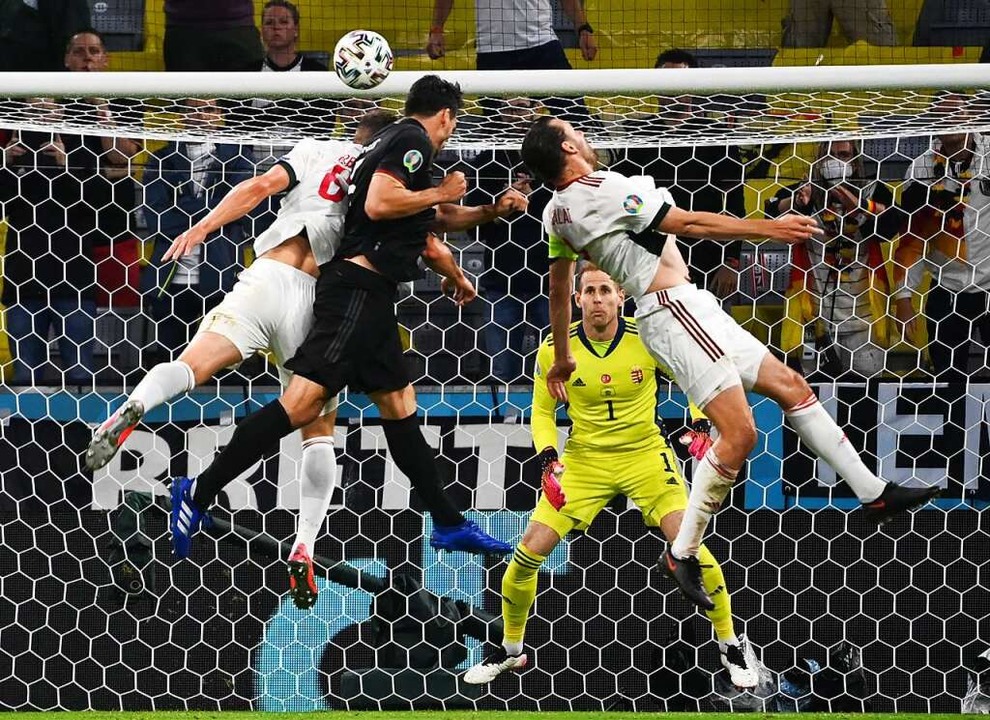

If the team is advancing to the finals, you can also use On est en finale ! German Sports Cheers On a gagné ! - This means “We won!” so of course it is only used as the game ends. So if you hear this and don’t want to look very un-French, better start jumping. Qui ne saute pas n’est pas français ! - This phrase roughly translates to “If you’re not jumping, you’re not French!” and is meant to get everyone hopping up and down to cheer for the French team. The word allez (coincidentally similar to the Spanish olé ) is used in other chants, too, including Allez les gars ! (“Come on, guys!”) or simply Allez ! It literally means “Go the blues!” referring to the color of their uniforms. French Sports CheersĪllez les bleu ! - If you’re watching the French soccer team, this is the most common cheer you’ll hear. If you want to mix it up, you can also use arriba or vamos. “Give it”), this is another useful little word to start to cheer for your team.

Gol - You might be able to guess that this means “goal.” If you’ve ever heard a Spanish-speaking soccer announcer, you’re probably familiar with the versatility of the word, whether it be a long gooooooool or repetitive gol! gol! gol! You would only yell this after your team scores, though.ĭale - The Spanish version of “go” (lit. Viva - This comes from the Spanish verb vivir, “to live,” but is also used like a cheer comparable to “hooray.” You’ll often hear it paired with a country name, like ¡Viva México! Nowadays, you’ll hear it all over the world, even if nobody involved in the sport speaks Spanish. It especially caught on after the 1986 FIFA World Cup in Mexico. It became associated with other sports - particularly soccer - in the 20th century. Its roots might go back to the Greek ololigi, which means “ritual cry.” Its use in sports goes back to the heyday of bullfighting in Spain, where crowds would shout olé after each of the bullfighter’s moves. Olé, olé, olé - There might be no cheer quite as famous as olé, olé, olé. We put together some of the most common sports cheers in six languages. There are a few standards, however, that are important to know. Cheers vary from team to team, sport to sport and even year to year. Leave it to the inventiveness of fans to think of new rhyming phrases and catchy slogans to yell out all the time. Rooting for a team means knowing which cheers and chants are commonly used, and when you’re rooting for teams at an international competition, that might mean learning chants in other languages. It’s almost a kind of meditation, except not at all peaceful. Sure you can just scream, but cheering is at its best when a stadium packed with fans comes together to chant in unison. Cheering for a sports team may seem like disorganized yelling, but there’s an art to it.


 0 kommentar(er)
0 kommentar(er)
